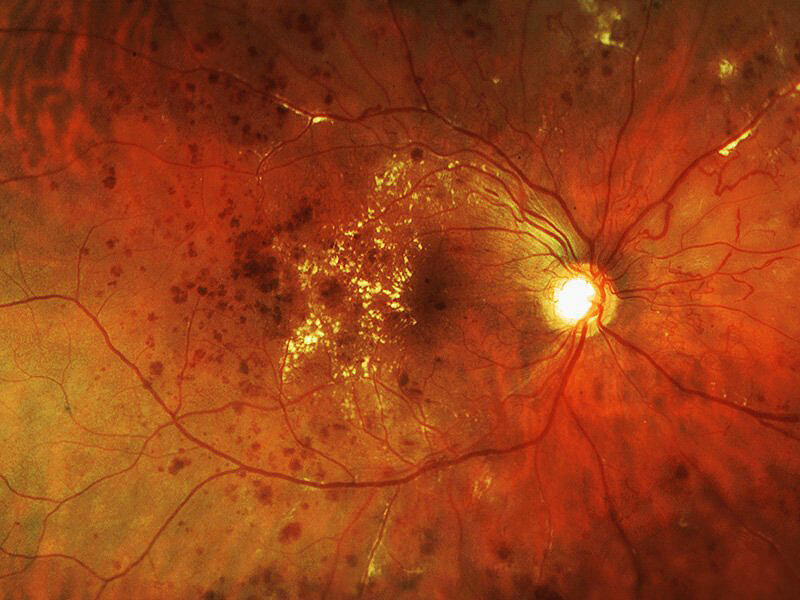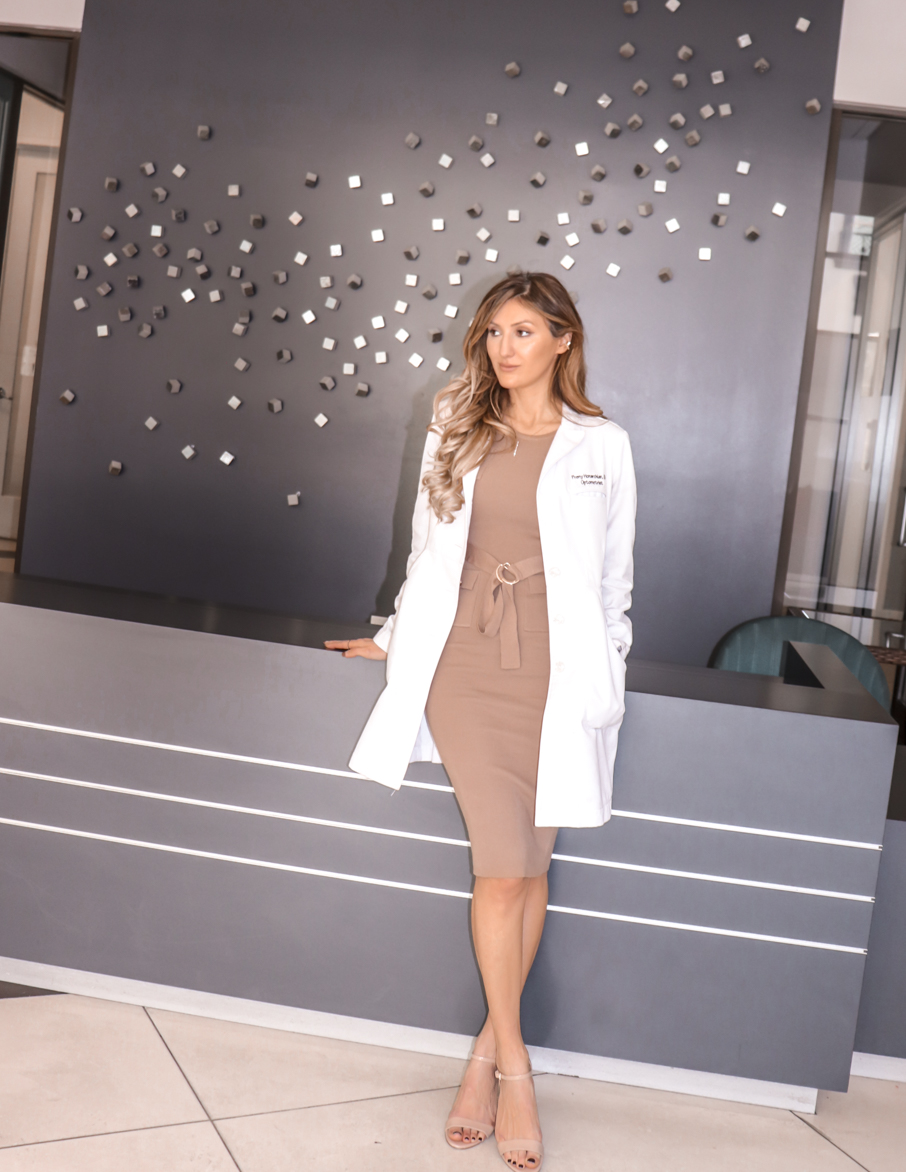Like you, I know a lot of relatives or family members who were told that they are Diabetic. While practicing in clinic, I’ve noticed a particular trend in patients who are Diabetic themselves. They seem to take it very lightly and don’t even know some of its effects it has on the body & eyes. I wanted to write this blog post because I figured the more our youth knows about it, the more they can help, not only themselves, but their own family members and relatives. With the holidays & quarantine, a lot of people have put their health on the back burner, so here’s a little reminder to get yourselves back on track! Here is what you NEED TO KNOW about Diabetes and how to take control of it.
NORMAL EYES

Right Eye

Left Eye
EFFECTS OF DIABETES ON THE EYES

-Bleeding in the Retina (back layer of the eyes)
-Swelling of the Macula (where our main vision comes from)
-Growth of New Blood Vessels/Leaky Blood Vessels
-Areas of Decreased Oxygen to the Eye
-Vision Can Fluctuate (one day it can be clearer, another day it gets a lot foggier
-Early Development of Cataracts (cloudiness of the lens)
-Increases the Risk of Glaucoma
When comparing the normal retinal photos to the one with Diabetes, you can drastically see the difference; so you can only imagine the detrimental effects it has on your vision AND body, IF IT’S NOT CONTROLLED.
Women who have/develop Diabetes during PREGNANCY, may notice that theirs is a more rapid/worse form of these changes.
The better it’s controlled, the less likely any of the above can happen. And if left uncontrolled, it can lead to VISION LOSS or BLINDNESS.
The earlier it’s detected/treated… the less chance of these changes from occurring.
VALUES TO KEEP TRACK OF
Last A1c Value: Test that checks the average levels of blood sugar in the last 3 months. This is monitored by an Endocrinologist.
Normal A1c: Below 5.6% The closer you are to this value, the better!
Pre-Diabetic A1c: 5.6-6.4%
Diabetic A1c: 6.5% or above
Fasting Blood Sugar: Measures the amount of sugar in your blood while you have been fasting [after not eating/drinking (except for water) for at least 8 HRS before checking]. This can be monitored at home.
Normal FBS: Less than 100 mg/dl The closer you are to this value, the better!
Pre-Diabetic FBS: 100-125 mg/dl
Diabetic FBS: Greater than or equal to 126 mg/dl
Ways To Check The Health of Your Eyes
RETINAL IMAGING (OPTOMAP):
This is when a quick photo is taken of the inside of the eye using a large machine that digitally scans the eye with a laser. Think of it as a selfie of your eye. Technology has improved so much within the last few years – this is, by far, my favorite way to check my patients eye health because it is extremely accurate and I love that my patients get to see what the health of their eyes actually looks like. I find that patients take their eye health way more seriously when they see how interconnected the eye is to the rest of the body.
Side Effects: None (Just a Bright Light When The Photo is Taken)
DILATION:
This is when your Optometrist or Ophthalmologist puts medication eye drops in your eyes, which in turn, helps your pupils get dilated, making it possible for your eye doctor to check the health inside of your eyes by shining some bright light into them.
Side Effects: Light Sensitivity (making it difficult to drive/can last the rest of the day), Blurry Vision/Trouble Focusing on Near Objects Which Can Last for 5-6 Hours, Stinging when the drops are put in, Your Pupil Will Look Large (don’t get scared!)
WHEN SHOULD YOU GET YOUR EYES CHECKED?
If you or someone you know has been diagnosed with Diabetes, then you should be getting your eyes DILATED or doing RETINAL IMAGING AT LEAST once every year and even sooner depending on the stage/severity of it.
WAYS YOU CAN HELP
To all of my friends here, the purpose of this post is to shed some light on the importance of getting to know not only your own body, but also finding out what health conditions your mom, dad, aunts, uncles, and grandparents have. I examine SO MANY patients daily that come into the exam room with their parent, only to find out FOR THE FIRST TIME, that their mom or dad has a health condition such as Diabetes or High Blood Pressure. My goal is to make sure that you ask your elders all of these important questions and help them take control of it. All it takes is for you to give strength to your loved ones by being there for them or shedding some light on the importance of this sight threatening condition {Not to mention the effects on the rest of the body!}.

Sweater Dress (Size XS)
-Make sure that they keep up with regular eye examinations and follow ups with their Primary Care Physician (PCP)
-Keep an eye on their diet & help them make healthier choices by cleaning out their fridge & giving them a new healthier grocery shopping list
-Make sure they exercise or at least go speed walking for 30 minutes a day, a few times a week. A great way to motivate them is to start going with them in the beginning – not only will it help physically, but mentally as well (especially right now with quarantine)
– Print out the weekly log I created below for them and show them how to track their blood sugar levels using it
If it’s one thing you take away from reading this, it’s to answer “YES“ the next time your eye doctor asks you if you want to dilate your eyes or do retinal imaging.
Let me know if this was helpful in the comments below!
Shop Workwear







